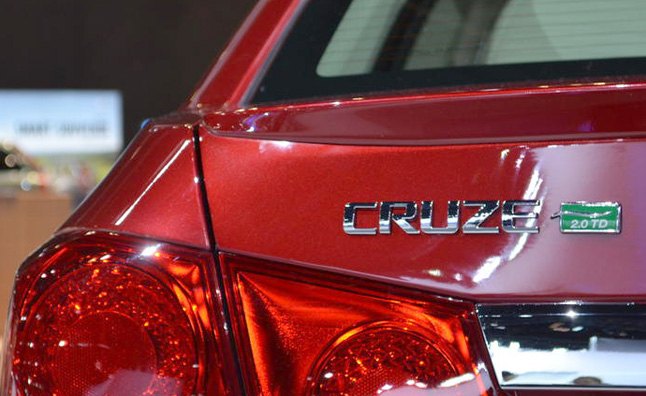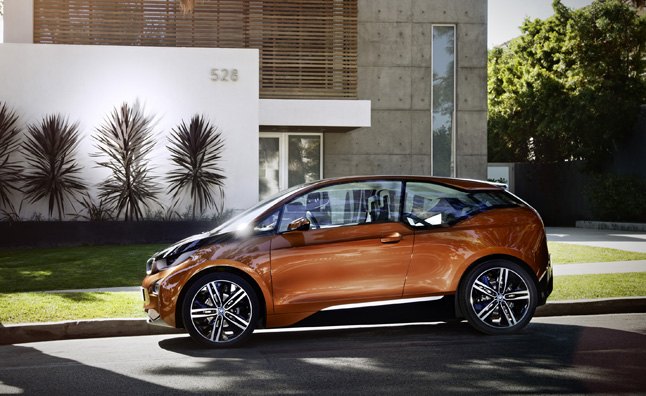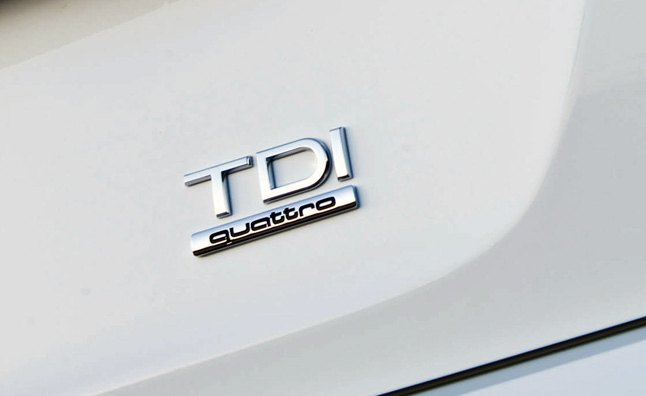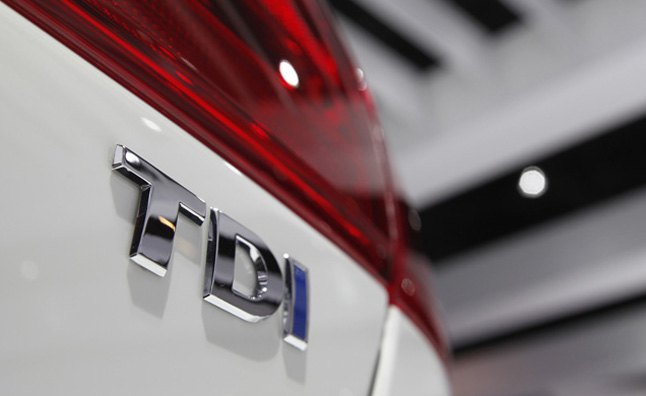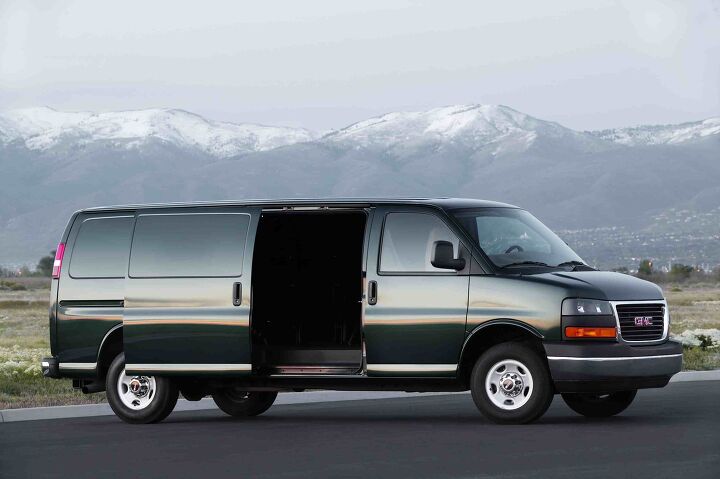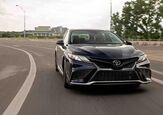- Acura
- Alfa Romeo
- Aston Martin
- Audi
- Bentley
- BMW
- Buick
- Cadillac
- Chevrolet
- Chrysler
- Dodge
- Ferrari
- Fiat
- Ford
- Genesis
- GMC
- Honda
- Hyundai
- Infiniti
- Jaguar
- Jeep
- Kia
- Lamborghini
- Land Rover
- Lexus
- Lincoln
- Lotus
- Lucid
- Maserati
- Maybach
- Mazda
- McLaren
- Mercedes-Benz
- MINI
- Mitsubishi
- Nissan
- Pagani
- Porsche
- Ram
- Rivian
- Rolls-Royce
- SMART
- Subaru
- Tesla
- Toyota
- Volkswagen
- Volvo
#AlternativeFuels
NHTSA Wants Idiot-Proof Labels for Alternative Fuel Cars
The National Highway Traffic Administration proposed a new rule today that would force auto makers to place prominent plain language badges to distinguish their alternative fuel vehicles.
BMW Electric Cars to Play Major Role in Near Future
Widespread implementation of electric cars might be closer than you think according to BMW product development boss Herbert Diess.
Honda FCEV Concept Previews Green Cars to Come
If being green is the new black, and hydrogen is the future of being green, will there be any color puns left to make?
Why Buy a Diesel Car? Get the Facts, Know Your Options
Price, looks and size… these are the few factors that used to decide what vehicle you’d park in your driveway. Looking for a cheap and small car? A Toyota Corolla or Honda Civic will do. Need something bigger, perhaps a mid-size Hyundai Sonata or an SUV. Things used to be pretty easy.
With increasingly high gas prices and an overall movement towards green, fuel efficient vehicles, fuel economy has become more important. In fact, for many price, looks and size are now completely trumped by fuel economy.
“Buyers just look at the MPG on the sticker,” says IHS Automotive Analyst Devin Lindsay commenting that car buyers are now completely mesmerized by the EPA sticker label.
Take a look at the Toyota Prius, for example. It’s not terribly big, is fairly expensive, and looks… well… weird. But that didn’t stop three million of them from being sold, all thanks to a hybrid gas-electric engine that provides excellent fuel economy.
The Prius isn’t the only option for someone looking for a fuel efficient car, however; especially those in search of a more engaging driving experience. If you want to cut down on trips to the pump, and still drive a fun, powerful, good looking car, your best bet might just be in a diesel powered vehicle. That does mean you’ll almost certainly have to drive German, although a flood of new diesel-powered vehicles are about to hit our shore.
Poop-Fueled Car Invented at Denver Zoo
It’s no secret that Colorado is a fan of alternative energy. The state government offers additional subsidies for people interested in vehicles like the Chevrolet Volt, offering thousands in incentives. Still, it seems far into the future that the state — or anyone, will start fueling cars with feces.
Despite that, there is such a vehicle currently being used at the Denver Zoo. A 20-year-old motorized rickshaw from Thailand, better known as a tuk tuk, has been re-engineered to run on, well, poop.
Mike Dunbar is one of the mechanical engineers working at the zoo who helped engineer the waste wagon, which runs on animal dung and other zoo waste. The vehicle’s power system compresses the material, creating a gas that is then used to generate electricity. That charge is then used to power everything on the rig.
While the tuk tuk is painfully slow, its creators say the point is to demonstrate that it’s possible to run a vehicle on trash. The vehicle is still incomplete, but is expected to be finished by the fall.
“This is not just a zoo thing,” Hale said to the Denver Post. “It can be applied on campuses, in communities and many other environments.”
Once completed, the project currently powering the puttering tuk tuk will be scaled up to generate 20 percent of the zoo’s energy, which translates into repurposing roughly 1.5 million pounds of waste annually.
Watch a video of the vehicle in action after the break.
[Source: Denver Post]
GM Now Offering Factory CNG Conversions for Full-Size Vans
With all the talk of environmental concerns, energy dependence and air quality these days, many commercial fleet operators are looking to alternative solutions to power their vehicles and perhaps save a bit of money in the process. In North America, one of the cheapest and certainly most practical alternatives has been Compressed Natural Gas (CNG). Taxi fleets have been using CNG fueled cars for years and increasingly other segments of the commercial vehicle sector are adopting it, including those that rely on pickups and vans for delivery or contract work.



